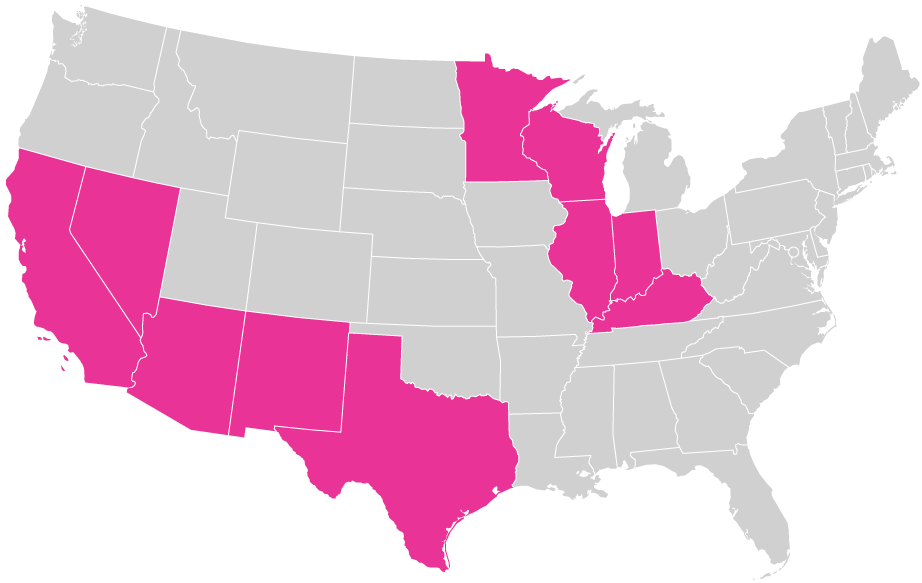

The drugsĬovered in the study were alcohol, tobacco, marijuana (hashish, THC), Metabolite, methaqualone, opiates, and phencyclidine). (amphetamines, barbiturates, benzodiazepines, cannabinoids, cocaine Urine specimens were tested for eight categories of drugs Given to a sample of subjects at the time of the 12-Month Follow-Up The 12-Month Follow-Up Urine Resultĭata (Part 9) provide the results from urine sample tests that were Part 7 includes variables for time in treatment and Intake questions and focused on key behaviors in the year following Post-Treatment Follow-Up Interview (Part 6) replicated many of the In-treatment interviews (Parts 3, 4, and 8). Reflecting during-treatment progress, including service delivery andĬlient satisfaction, were collected in the one-, three-, and six-month Justice status and criminal behavior are reported in Part 5, IllegalĪctivities Data, and are drawn from the Intake 1 interview. Health, physical health, and social functioning. HIV risk behaviors, along with assessments of dependence, mental Interviews were designed to obtain baseline data on drug use and otherīehaviors, as well as information on background and demographicĬharacteristics, patterns of dependence, living situation and childĬustody status, education and training, income and expenditures, and Information is provided in Parts 1 and 2 of the data collection. Interviews (Intake 1 and Intake 2), approximately one week apart. cities during 1991-1993.Ĭlients entering treatment completed two comprehensive intake Sampled from among adults admitted to drug abuse treatment programs inġ1 representative U.S. Residential (LTR), and outpatient drug-free (ODF). Outpatient methadone (OPM), short-term inpatient (STI), long-term Therapeutic approaches, provision of aftercare, and research on theĬomponents of effective treatment, including factors that engage and Received (e.g., length and intensity of services provided), History, and physical and mental health comorbidities), treatment Program type, client characteristics (including dependence, treatment The study examined the role of treatment outcomes and Questions about the effectiveness of drug abuse treatment for adultsĬurrently available in a variety of publicly funded and private Prospective study designed to determine the outcomes of adult drugĪbuse treatment delivered in typical, stable, community-based programsĪnd to provide comprehensive information on continuing and new Drug-Abuse Treatment Outcomes Study (DATOS) is a


 0 kommentar(er)
0 kommentar(er)
